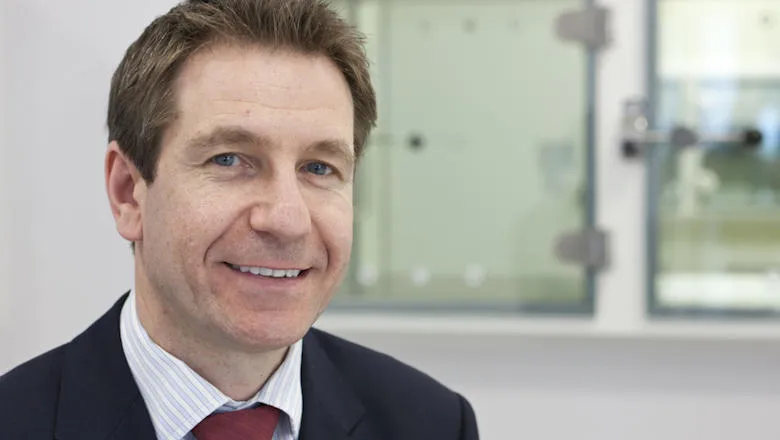28 February 2024
King's College London and the Foundation for Liver Research appoint new Director for the Roger Williams Institute of Hepatology
Professor Philip Newsome PhD, FRCPE has been appointed as the new Director of the Roger Williams Institute of Hepatology with effect from June 2024, also joining King’s College London (KCL) as senior Professor of Hepatology in the School of Immunology & Microbial Sciences within the Faculty of Life Sciences & Medicine.

The Foundation for Liver Research funds a team of over 40 scientists at the Roger Williams Institute of Hepatology at Denmark Hill, working on various aspects of liver disease. The appointment of the Director between the Foundation and KCL, represents an important and exciting opportunity to accelerate and enhance research and training related to a range of liver disorders.
As Director of the Institute of Hepatology, Professor Newsome succeeds the late Professor Roger Williams CBE, who passed away in 2020. Under Professor Newsome, the Institute will build on its fifty-year legacy of pioneering liver disease research to maximise clinical translation and positively benefit clinical care, with continued development of its established international academic collaborations. Professor Newsome’s leadership will be pivotal in uniting the strong clinical academic expertise in hepatology of three significant institutions: The Roger Williams Institute of Hepatology, King’s College London and King’s College Hospital NHS Foundation Trust (KCH).
Professor Alan McGregor, Trustee of the Foundation for Liver Research, said: “We are very much looking forward to welcoming Professor Newsome to the Institute. His leadership will help us to continue to break down the barriers between laboratory, clinical and critical care settings, and realise our ambitions to be one of the top centres for translational research into liver disease worldwide.”
Professor Newsome joins King’s from the University of Birmingham where his roles include Director of the NIHR Birmingham Biomedical Research Centre (BRC), Director of the Centre for Liver & Gastrointestinal Research, Director of the Innovate UK Midlands & Wales Advanced Therapy Treatment Centre, Professor of Experimental Hepatology, and Honorary Consultant Hepatologist. He has held multiple national and international roles including as Secretary-General of the European Association for Study of the Liver from 2019-2021.
Professor Newsome’s research expertise encompasses cell therapies for liver disease, fatty liver disease, rare metabolic disorders and liver transplantation, and includes both basic research and clinical trials. He has published more than 150 major research papers and is a frequent contributor to both local and national media, including advising the BBC on stories related to cell therapy.
Professor Newsome said: “I am very much looking forward to joining King’s and to taking on the Directorship of the Institute of Hepatology with the opportunity to advance liver research in new and exciting areas. It is a real honour to be following in the illustrious footsteps of Professor Roger Williams and building on his legacy.”
Professor Ajay Shah, Executive Dean of the Faculty of Life Sciences & Medicine at King’s added: “We are delighted that Professor Newsome is joining the Faculty. He brings considerable experience of establishing and managing major multi-disciplinary collaborations and of building strategic relationships with key funders which will be hugely beneficial both to this role and to King’s.”
Professor Richard Trembath, Senior Vice President (Health & Life Sciences) and Executive Director of King's Health Partners (KHP) said: “An eminent clinician, Professor Newsome’s commitment to translational medicine will take the Institute and liver research at King’s from strength to strength.”
In addition to Directorship of the Institute for Hepatology, Professor Newsome has also accepted the role of Director of the King’s Health Partners’ Centre for Translational Medicine, a new strategic initiative which aims to accelerate translational health research, leading to better outcomes for patients and local communities. Read more about that appointment.
